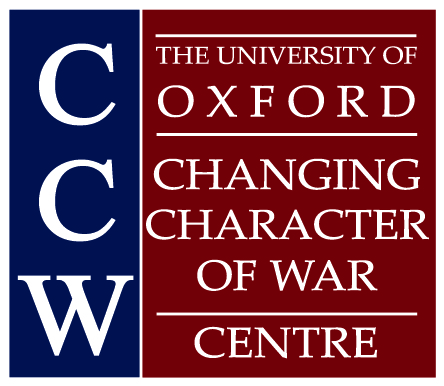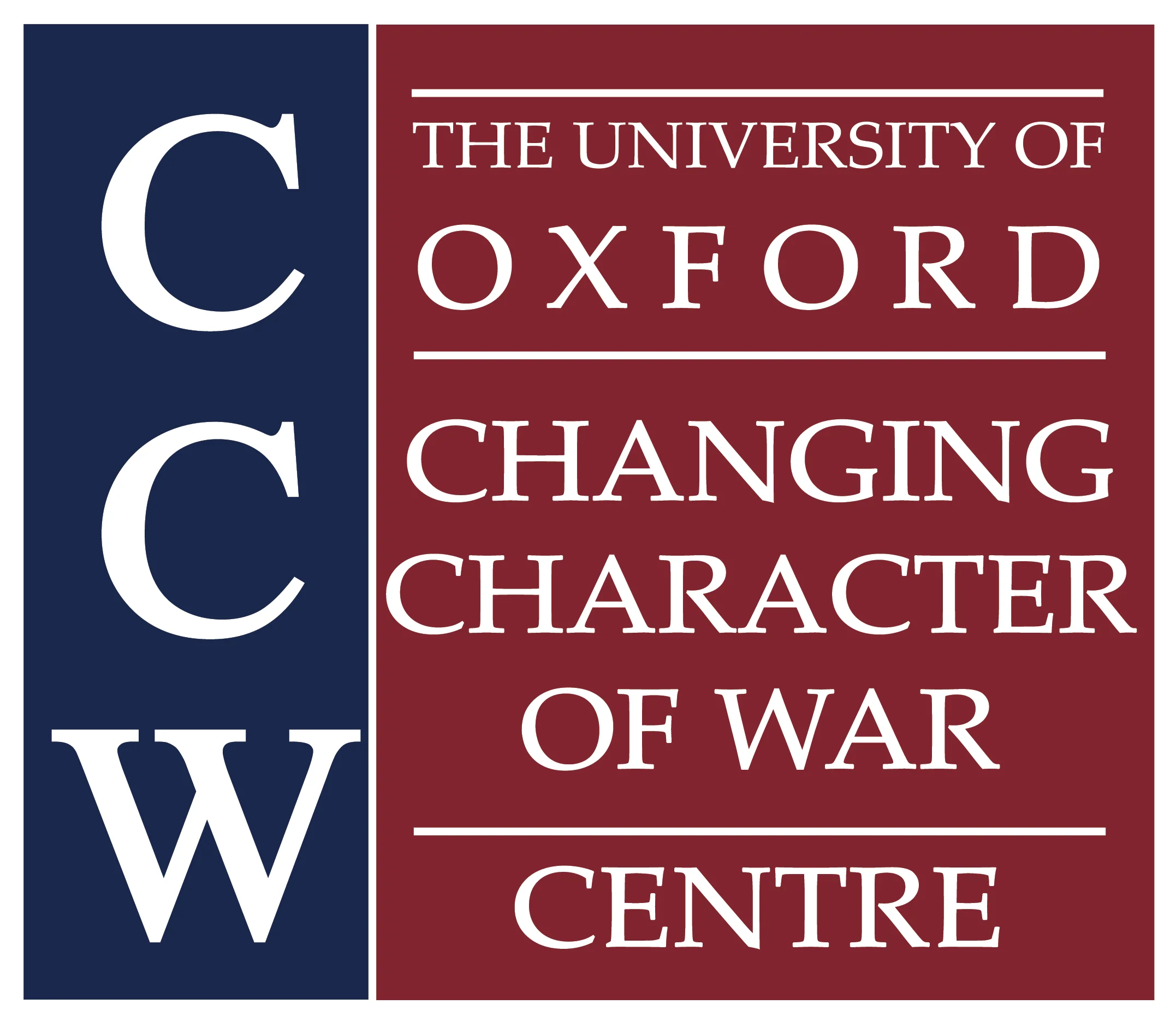Throughout history, poetry has played a central role in Arab culture, punctuating a broad range of activities, from tribal occasions and political events through to the simple everyday get-togethers. The power of poetry to move Arab listeners and readers emotionally, to infiltrate the psyche and to create an aura of tradition, authenticity and legitimacy around the ideologies it enshrines, make it a perfect weapon for militant jihadist causes. Osama bin Laden himself composed poetry, including, perhaps most famously, his ode celebrating the destruction of the USS Cole in 2000, which he recited at his son's wedding.
Over the last three decades, several Islamic extremist magazines have regularly featured poetry extolling the virtues of, and rewards for, militant jihad. However, scholars and analysts alike have almost entirely neglected contemporary Arabic jihadist poetry, skipping over these classical monorhymed passages (notoriously tricky to translate) in favour of more direct position statements and theological debates. Yet poetry can carry messages to a broader audience as it plugs naturally into a long tradition of oral transmission, particularly on the Arabian Peninsula, spreading ideas through repeated recitation and chanting and through conversion into anthems (nashid, nasha'id).
This is especially important in remote regions such as central and eastern Yemen where Internet, photocopying and printing facilities – and even a mobile phone signal – are either non-existent or prohibitively expensive to access. From an analyst's perspective, poetry also reveals clues about jihadist motivation, group dynamics and cultural concerns, which can help to illuminate the contemporary political landscape in which it is deployed. In the quest to understand the hearts and minds of those who practise militant jihad, interrogating the poetry that speaks to both is fundamental. This presentation asks: How relevant is poetry? What are its main characteristics?What does it actually do and what can it tell us?
Elisabeth Kendall is Senior Research Fellow in Arabic and Islamic Studies at Pembroke College, Oxford University. Her current work examines how militant jihadist movements intersect with cultural traditions and production, particularly in Arabic. She spends significant time in the field, especially in Yemen and Egypt, and is the author or editor of several books, including "ReClaiming Islamic Tradition" (2016, with Ahmad Khan), "Twenty-First Century Jihad" (2015, with Ewan Stein) and "Literature, Journalism and the Avant-Garde: Intersection in Egypt" (2006, paperback 2010). She also conceived of and edits the “Modern Middle Eastern Vocabularies” series, which includes the titles "Security Arabic, Intelligence Arabic" and "Media Arabic".
Previously, she held lectureships or fellowships at the Universities of Edinburgh, Oxford and Harvard. Before returning to Oxford in 2010, she served as Director of the Centre for the Advanced Study of the Arab World, a UK government sponsored initiative aimed at building Arabic language-based research expertise focused on jihad and martyrdom.
For the last four years, Elisabeth has acted as international advisor (pro-bono) to a cross-tribal council in eastern Yemen that promotes social and political cohesion as a counterweight to AQAP & ISIS expansion. She also sits on a variety of international advisory boards. She has delivered invited lectures at numerous universities around the world as well as in the House of Lords, House of Commons, FCO, various parts of the British military and NATO. Her work features regularly in the international media, including The Wall Street Journal, The Washington Post, The Times, The Guardian, BBC Radio 4, BBC Radio 3, BBC News online, USA National Public Radio, Russia Today, Radio France, Australia’s ABC, Reuters and the BBC World Service. She can be found on Twitter @Dr_E_Kendall.
A light sandwich lunch is provided for seminar participants at 12:50.




